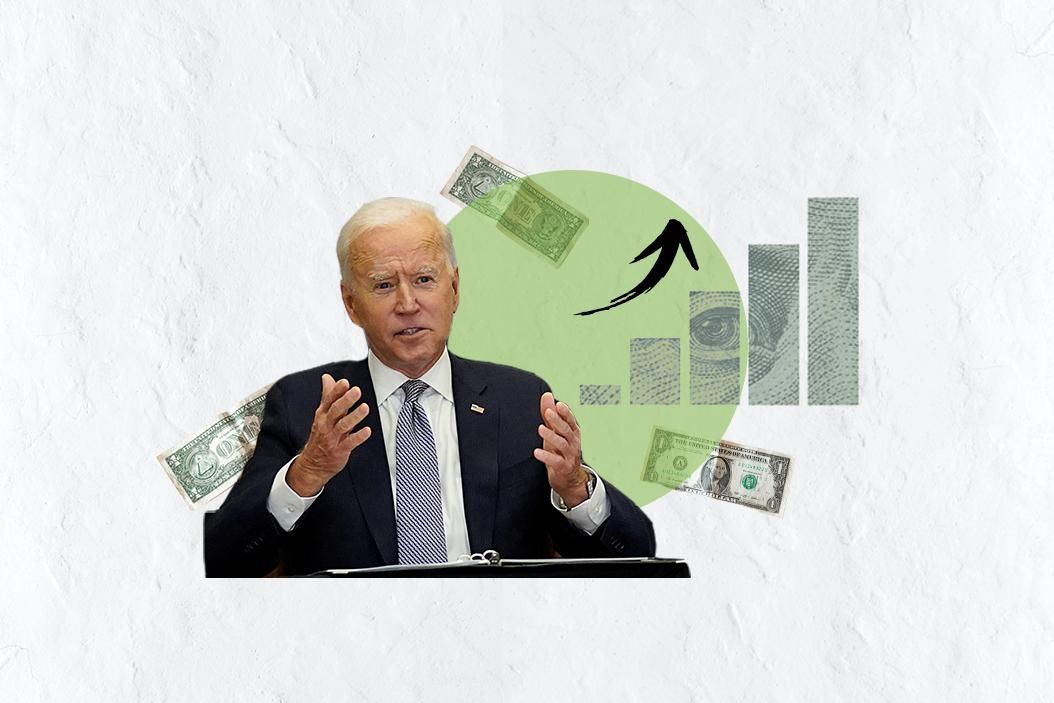The jobs report for November came in hot Friday, revealing that wage and job growth in the world’s largest economy remain robust. Sounds like a good thing, right? Well, not when the US economy is reeling from decade-high inflation.
Markets cooled on Friday morning – and then recovered slightly – as investors got spooked by news that the US economy added 263,000 jobs in November while average hourly wages jumped 5.1% year-on-year, a key component of inflation. For context, between 2010-2019 average monthly job gains in the US came in at around 183,000. November’s unemployment rate, meanwhile, remained stubbornly low at 3.75% despite recent aggressive efforts by the US Federal Reserve to cool an economy set on fire by dual nightmares: the pandemic and war in Ukraine.
Indeed, this is not the news that Fed Chair Jerome Powell had been hoping for. After raising interest rates by 0.75 basis points four consecutive times in recent months, the dovish money man had set expectations for a more tepid rise of 0.5 percentage points when the Fed meets on Dec. 13-14. But some now suspect that this latest report could send Powell back to the drawing board to reconsider plans to dial back rate increases.
As ever, politicians will use the latest report to confirm their pre-existing views and try to gain a political edge. President Biden, for his part, touted the report as a sign of economic strength, while Republicans will double down on criticism of the White House’s early assessment that inflation would be “transitory.” That quip … did not age well.
